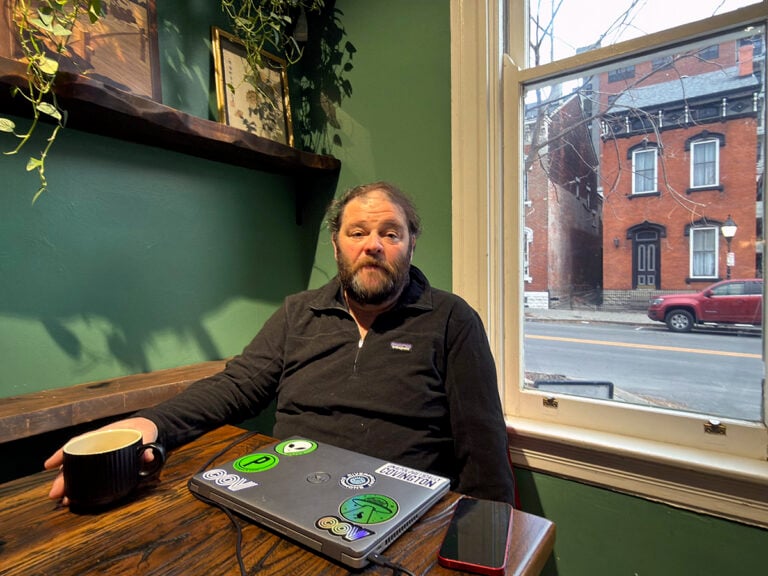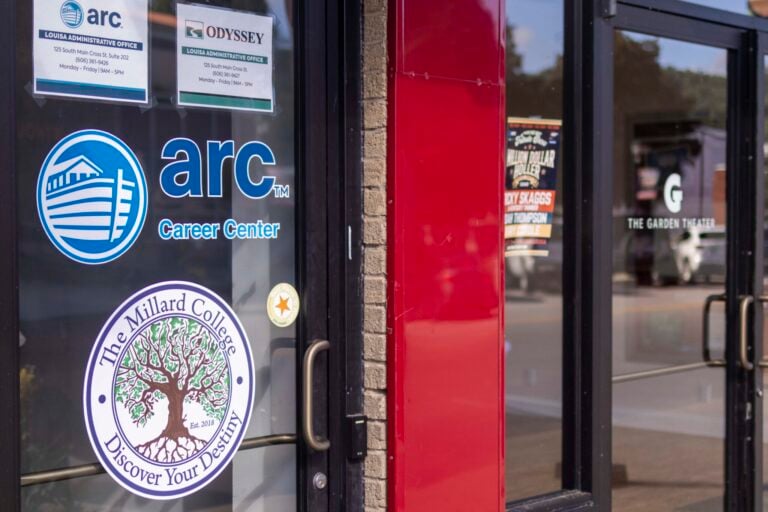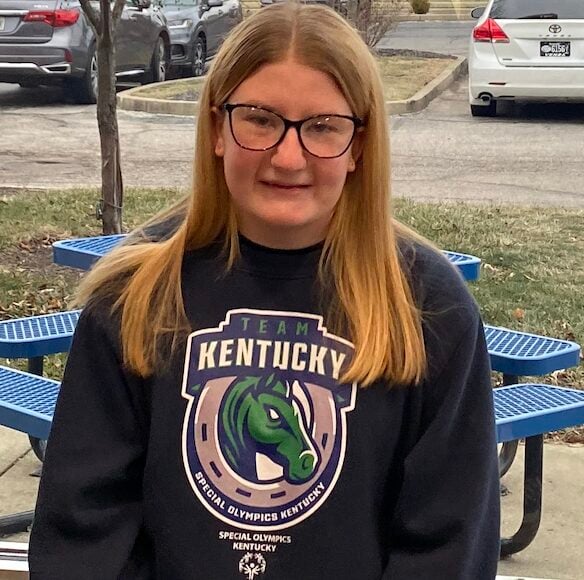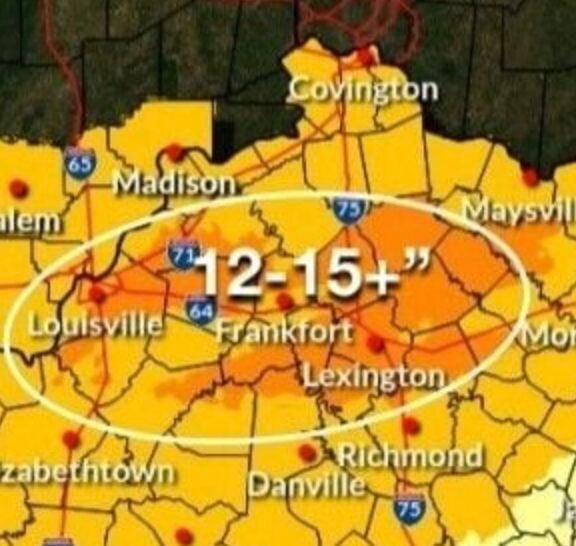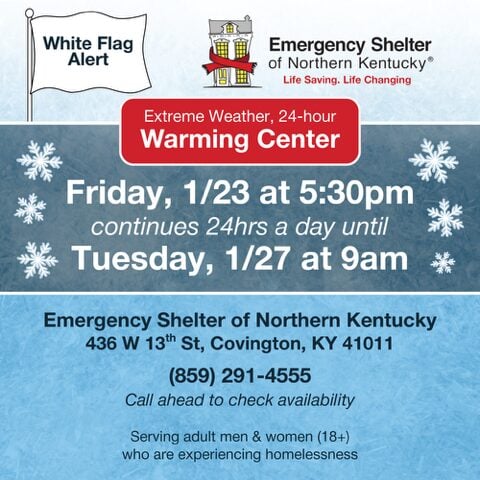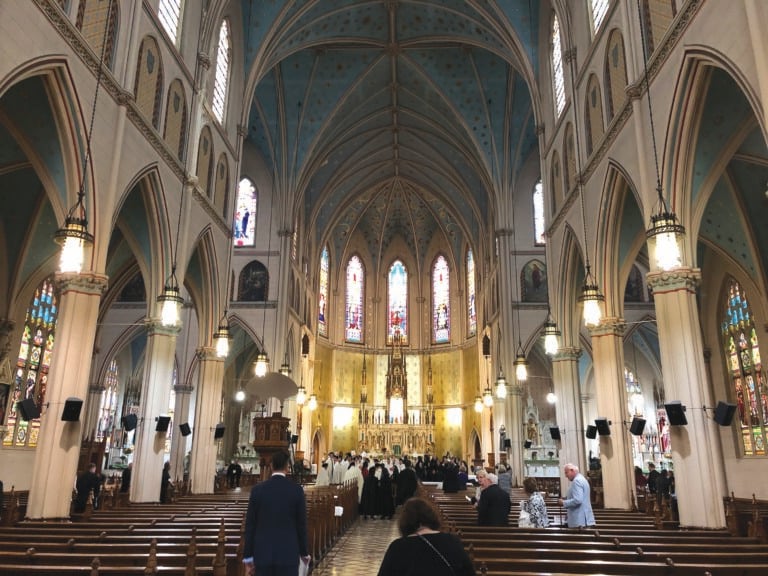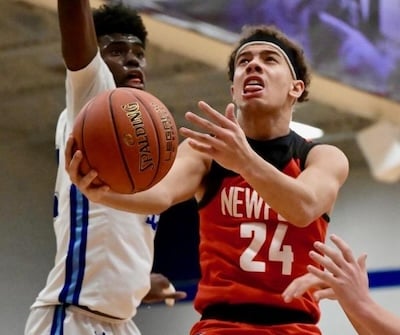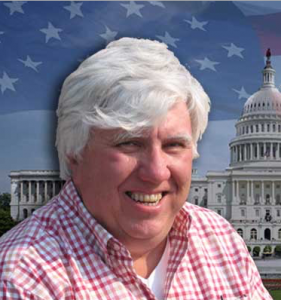By Dr. Nicholas Biondi
University of Kentucky
It’s a feeling that can stop you in your tracks: a pain or strange feeling in your chest. The first question that pops into your head is, “Is this serious?”
It’s easy to brush it off. Maybe it’s just something you ate, or you slept funny. But sometimes, that feeling is your body’s alarm bell, warning you that your heart needs help.
This guide will help you understand when to listen closely to that alarm. When it comes to your heart, it is always better to “overreact” than to wait too long
Listening to Your Body’s Warning Signs

Chest pain from a heart problem isn’t always a sharp, sudden pain like in the movies. It’s often a feeling of pressure, squeezing, or fullness in the center of your chest. Some people say it feels like a heavy weight or a tight band. This feeling might last for several minutes or come and go.
The pain can also travel from your chest to other parts of your body, like your:
• Shoulders, arms (especially the left arm), or back
• Neck, jaw, or even your teeth
Signs Can Be Different for Women
Women may not feel that classic chest pressure. Their heart attack signs can be less obvious and may include:
• Sudden and extreme tiredness that comes out of nowhere
• Shortness of breath
• Nausea or stomach pain
• Pain in the back or jaw
Trust your instincts. If something feels wrong, it’s important to speak up.
Don’t Wait, Don’t Drive: Call 911
You need to get help immediately if your chest pain is new, severe, and won’t go away, especially if it comes with any of the other signs listed above.
You should always call 9-1-1 instead of driving to the hospital. Here’s why: Paramedics can start life-saving care the second they arrive. They have oxygen and medicine in the ambulance that can help protect your heart on the way to the hospital.
In a heart emergency, every second counts. Calling for help is the fastest and safest choice you can make.
Your Everyday Guide to a Healthy Heart
The best way to deal with a heart emergency is to prevent one from ever happening. You have the power to build a stronger heart, starting today.
• Fill your plate with color. Eating fruits, vegetables, and other heart-healthy foods gives your body the fuel it needs to stay strong.
• Find a movement you love. You don’t have to run a marathon. A brisk walk, dancing, or gardening all count. Moving your body for about 30 minutes on most days works wonders.
• Be tobacco-free. Quitting smoking is the single best gift you can give your heart. Your body starts to heal almost immediately.
• Know your numbers. Talk to your doctor about your blood pressure and cholesterol. Regular check-ups help you stay on top of your health.
These tips are part of a simple checklist for a healthier life. The American Heart Association has a complete guide called “Life’s Essential 8″— eight key steps for improving your heart health. You can learn more on the American Heart Association’s website.
It’s Never a ‘Waste of Time’
Many people wait to get help because they worry they are being dramatic or “bothering” the doctors. Please, put that thought aside. Medical teams would much rather see you and find out it’s only heartburn than have you stay home during a real emergency.
Taking care of yourself is the most important thing you can do. When in doubt, get it checked out.
Dr. Nicholas Biondi, D.O., is a cardiologist in the University of Kentucky Gill Heart and Vascular Insitute.









